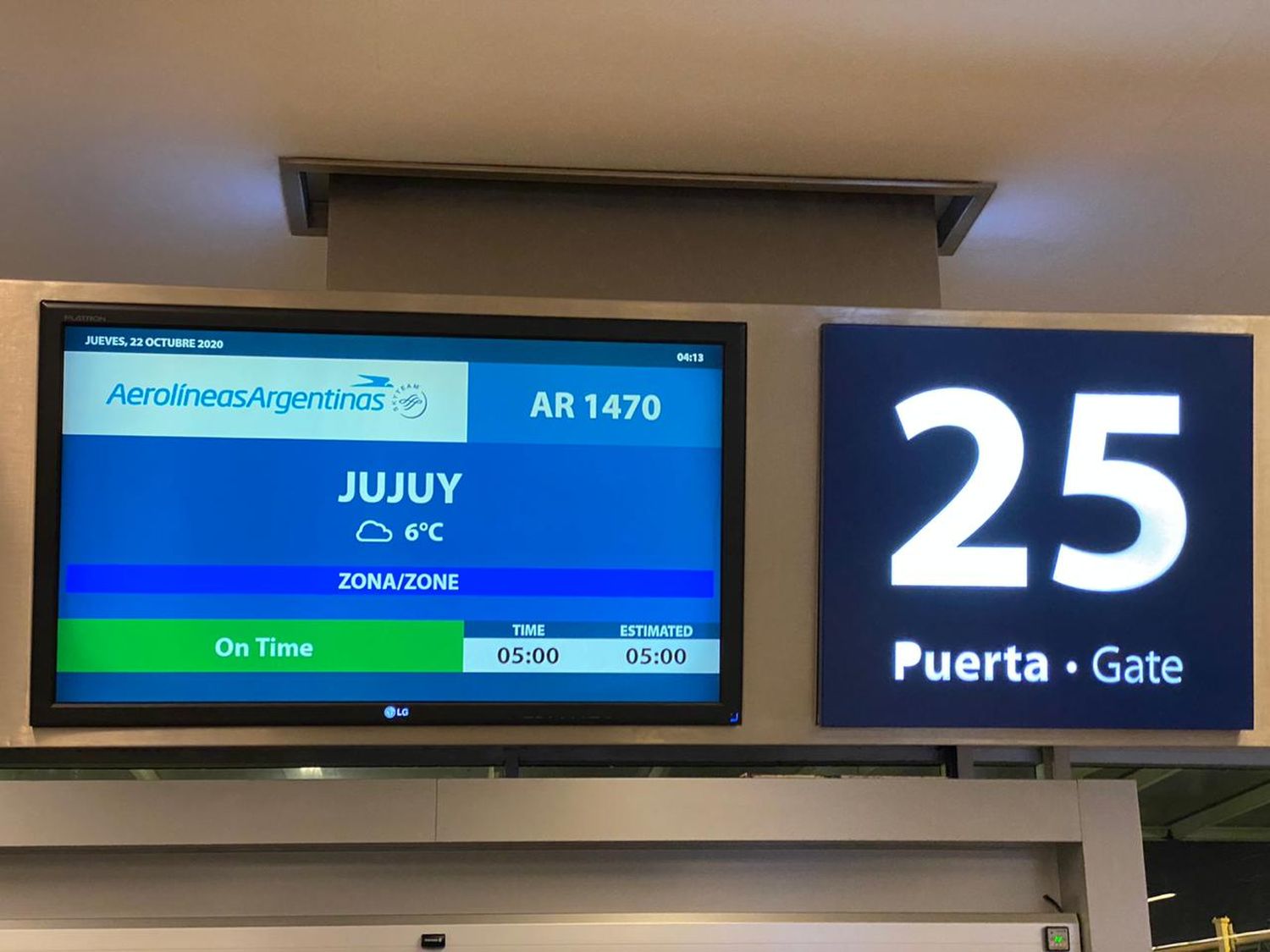Argentina: First Scheduled Flights in Seven Months
No one would have imagined in March that the new Coronavirus pandemic would have such a strong and prolonged impact on the world, and in particular on the airline industry.
In Argentina, the return of regular flights had particular details. It was the first country in the world to propose a five-month grounding scenario, and although there were several previous failed attempts, the date initially imposed, September 1, passed by while protocols that had been successfully applied in the same region since July were being discussed locally.
October arrived, and with the pressure of being the only Latin American country without regular domestic and / or international flights (with the sad exception of Venezuela), the government intention was to have the air transport system ready in a week, which lead to disgraceful results: flights canceled; airlines not knowing if they will be able to operate its scheduled routes; provinces that do not have their protocols prepared and do not know whether or not they will allow flights; So passengers, companies and employees mired in uncertainty, just what a multibillion-dollar industry needs in a moment to rise again from the worst crisis in its history.
Apart from the disorder and improvisation, yesterday the airline industry celebrated that at 5:40 a.m. the first regular flight in seven months took off from Ezeiza International Airport, Aerolineas Argentinas 1470 bound for San Salvador de Jujuy.
The flight, operated on the Boeing 737-800 registration LV-FVO, landed at the “Gdor. Horacio Guzmán» Airport at 7:39.

Aerolineas Argentinas also had flights to Mendoza, Ushuaia and Tucumán. Services were also planned for Corrientes, San Luis and Puerto Iguazú, which were canceled Wednesday afternoon, victims of this disorderly return.
A dozen international flights will also operate in Ezeiza under the «special flights» scheme, given that despite what was announced last week by the Transport Ministry, the decree to rehabilitate regular operations of that segment has not yet been published.
Until last night neither Flybondi or JetSMART had news about the status of their requests to fly again, generating suspicions about how this new system could work in practice through which each province has interference on flight schedules, and by extension, on post-pandemic Argentine commercial aviation.


Comentarios
Para comentar, debés estar registrado
Por favor, iniciá sesión